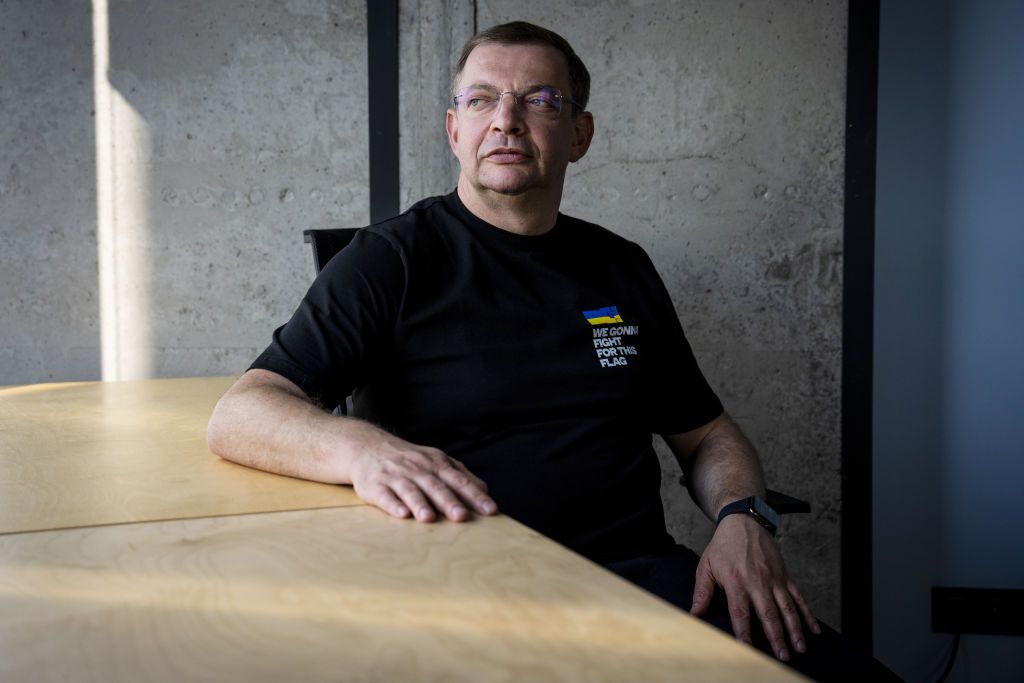Ukraine, 10 partner countries launch new cybersecurity mechanism

Ukraine and 10 partner countries established on Dec. 20 the Tallinn mechanism on cybersecurity to help protect Ukraine against cyber threats.
The announcement comes only a week after a massive Russia-linked cyberattack, which caused internet and network outages across Ukraine.
The new mechanism was formalized by foreign ministers of Ukraine, Canada, Denmark, Estonia, France, Germany, the Netherlands, Poland, Sweden, the U.K., and the U.S.
It aims to coordinate civilian cyber capacities to strengthen Ukraine's defense in cyberspace and long-term resilience.
"The Ministries of Foreign Affairs of the Tallinn mechanism states will coordinate efforts to mobilize additional support for the specialized cybersecurity institutions," Ukrainian Foreign Minister Dmytro Kuleba said.
"The group will also coordinate closely with the EU and NATO and remains open to new members."
One of the co-founders of the Tallinn mechanism, the U.K., uncovered earlier in December a lengthy campaign of cyber attacks against the British government and public.
"The UK and Ukraine are fighting side by side in the cyberwar against Russia whose appalling attacks know no bounds," lead U.K. Conflict Stability and Security Fund Minister Lucy Neville-Rolfe commented on the new initiative.












